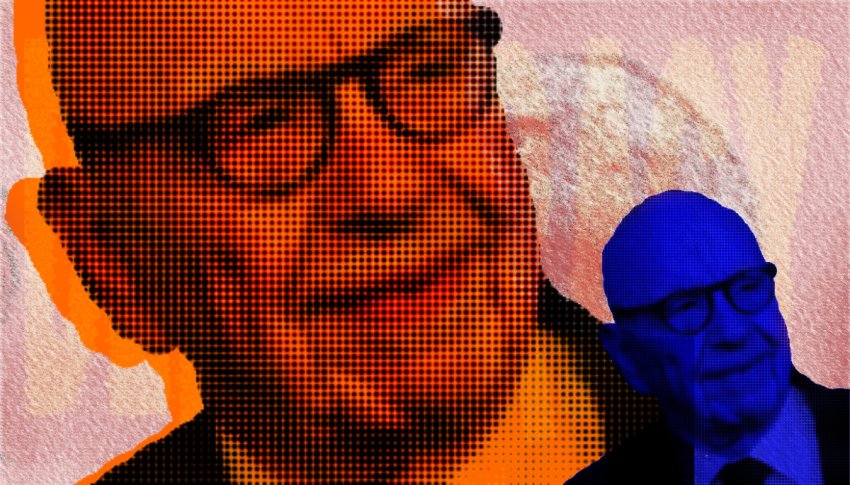
Former Prime Minister Kevin Rudd’s petition to “ensure” a “strong” and “diverse” news media has famously attracted more than half a million signatures, the largest number on any petition ever presented to federal parliament.
The petition, presented on November 3, calls for a royal commission to investigate “threats to media diversity”. Its main target is clearly the Murdoch media — which Rudd has called an “arrogant cancer on our democracy” — although it includes references to Nine’s takeover of Fairfax and political interference at the ABC as well.
The strong public support demonstrates a widespread concern about the influence of Murdoch's empire.
It is hardly a secret that Murdoch’s News Corporation is rabidly right-wing: it routinely campaigns for Liberal-National Party governments against Labor and the Greens; it actively pushes reactionary causes such as climate denialism, demonisation of refugees and, this year, a rejection of COVID-19 health measures.
This is not a matter of “slanted” coverage: it is histrionic and partisan campaigning, frequently by means of misinformation and distortions.
Richard Cooke said last year in The Monthly that News Corporation “isn’t a normal news agency any longer”. Instead, he argued that the “unhinged propaganda outfit” is the core of the operation.
Most people like to think of themselves as independently minded and able to see through the lies of corporate media. But it is a simple fact that the establishment media has a major (and inevitable) influence on what people think.
Murdoch controls about two thirds of Australia’s print media, Sky News, and considerable radio interests and claims to reach 16 million people each month, “more than any media group in Australia”.
Clearly, News Corporation is a major obstacle to progressive campaigns and any broader project of radical social change.
But the problem cannot simply be reduced to a case of an outlet that promotes right-wing ideas in a broader “marketplace of ideas”.
The Murdoch media is an anti-democratic force since democracy requires an informed population. Murdoch’s misinformation on bushfires, climate and COVID-19, to name a few contemporary examples, is therefore an obstacle to democracy itself.
However, many progressive commentators want to reduce the problem of, say, why Australia does not have an effective plan for climate action, to just the Murdoch media.
This ignores two things.
First, the Murdoch propaganda machine is not all powerful. Take the recent Queensland election where Murdoch clearly favoured the LNP, but Labor won.
Secondly, the truth is that the entire establishment media — including the ABC and the Guardian — are part of the pro-capitalist propaganda machine. While some corporate media outlets have more sophisticated methods for “manufacturing consent”, they too are an obstacle to genuine democracy.
Do your own test: try googling the ABC for “illegal sanctions” in Venezuela. The sanctions are clearly illegal, as many prominent figures and countries have affirmed. The ABC has carried plenty of favourable coverage about last year’s United States-backed coup attempt, yet failed to inform its audience that the sanctions are illegal.
That approach is also an obstacle to democracy.
Swinburne University media lecturer Belinda Barnet believes that the federal government is unlikely to agree to Rudd’s proposed royal commission. But, if it was to take place, the “kinds of recommendations” it should make would be “strengthening our media ownership laws, supporting regional media outlets, or restoring funding to public broadcasters like the ABC,” she said.
It would be good if the government could be pressured into conducting a royal commission. It would be good if News Corporation could be restrained, and those proposals would be positive.
But none of them will solve the fundamental problem: we need a media that promotes genuine free speech and information.
This can only be achieved by expanding and democratising public broadcasting, resourcing community media and disentangling media organisations from their billionaire tycoon owners.
In this sense, creating a democratic media is directly connected to the broader struggle to change society and break the power of the billionaire class.
As Green Left approaches its 30th anniversary of engaging in this twin struggle of building a people-powered media and supporting progressive campaigns for change, there could not be a better time to show your support. Become a supporter today, and make a donation to our Fighting Fund.